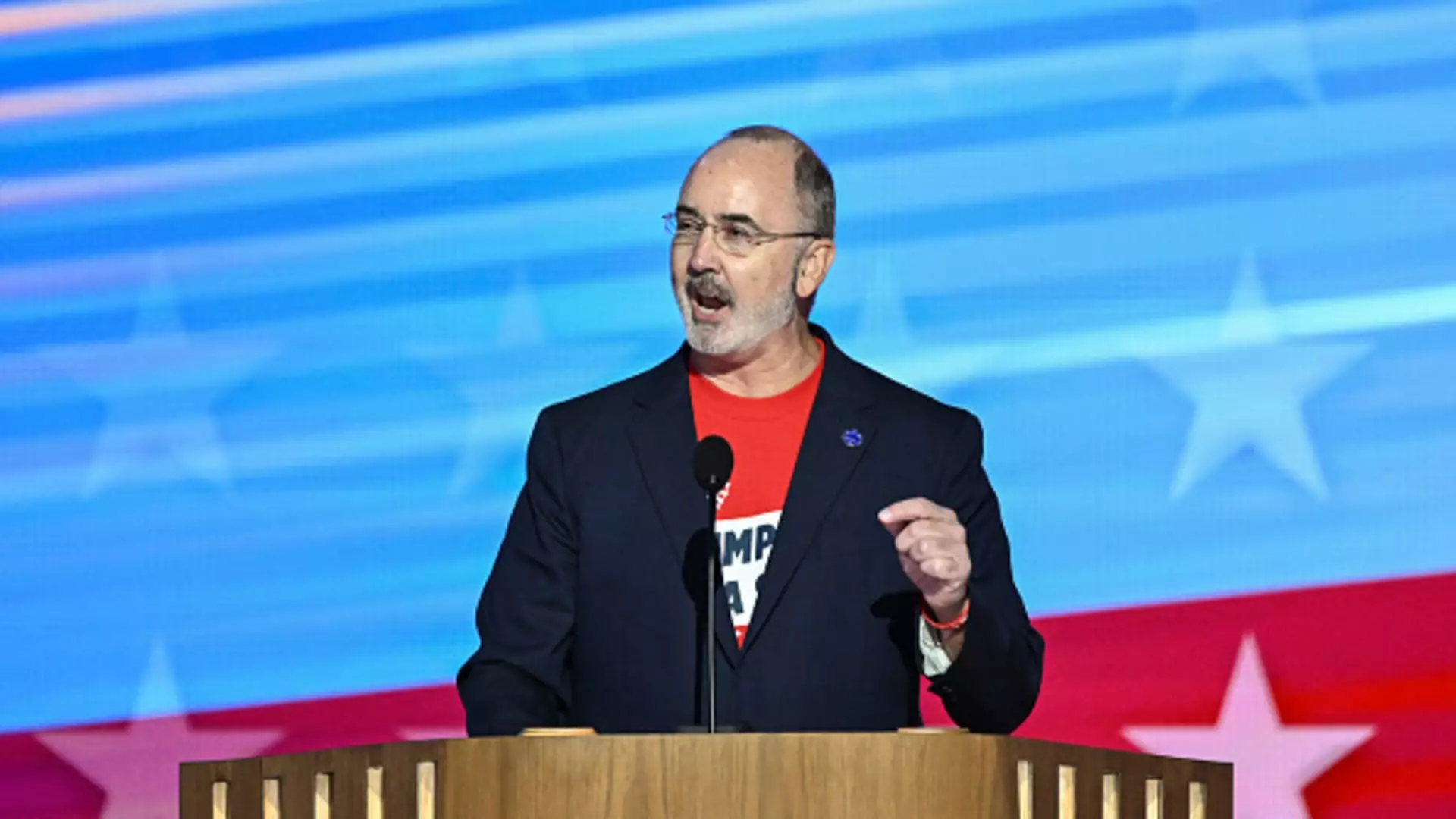The United Auto Workers (UAW) has recently escalated tensions with Stellantis, the multinational automotive manufacturing corporation born out of the Fiat Chrysler merger. On a significant Monday, the union announced the filing of federal unfair labor practice charges against Stellantis. The core of these allegations revolves around the automaker’s purported breach of contract terms, specifically regarding the production of the Dodge Durango. The UAW claims that Stellantis is attempting to relocate the production of this popular vehicle outside the United States, which, if proven, could have implications not just for jobs but for the very fabric of labor rights.
UAW President Shawn Fain highlighted the importance of the gains secured in the 2023 contract, emphasizing victories such as the reopening of a dormant assembly plant in Belvidere, Illinois, and commitments to keep Durango manufacturing stateside in Detroit. The contract was seen as a major achievement for the union, a critical step toward job security and fair wages. Fain’s comments reflect the intense frustration felt by union members, as they believe Stellantis is reneging on its promises. He reiterated the union’s resolve to hold the company accountable, contending, “As a united UAW, we intend to enforce our contract, and to make Stellantis keep the promise.”
Stellantis has not remained silent amidst these accusations. The company previously asserted that it has adhered to the agreements outlined in the Investment Letter tied to the UAW’s 2023 Collective Bargaining Agreement. Stellantis vehemently denies any wrongdoing, arguing that the union’s allegations lack merit. The hesitance to issue a detailed response regarding the specific claims adds a layer of complexity to the situation. As negotiations and communications unfold, the tacit tension between the UAW and Stellantis is palpable, highlighting the precarious balance of power in labor relations.
Local UAW chapters are not sitting idly by; they have begun filing grievances as well, reflecting widespread discontent among union members. With reported grievances numbering over 24, the union’s collective voice is growing louder, indicating a systemic issue that transcends individual cases. The focus on moving Durango production has sparked fears of a broader trend that could lead to significant job losses in the U.S. automaking sector. If these allegations are confirmed, it would not only impact the thousands directly employed but also resonate throughout the industry, influencing labor relations more broadly.
The National Labor Relations Board (NLRB) has confirmed the receipt of the UAW’s filing, signaling that the case will undergo thorough investigation. As both parties navigate through this labor dispute, the stakes are notably high. The future of the Dodge Durango’s production, the fate of the Belvidere plant, and the integrity of the UAW’s agreements hang in the balance. The union’s approach reflects a broader desire among workers for robust protections and accountability, marking a pivotal chapter in labor relations within the automotive industry. In the coming weeks, the outcome of these claims could redefine how labor practices are conducted and enforced in the United States.

